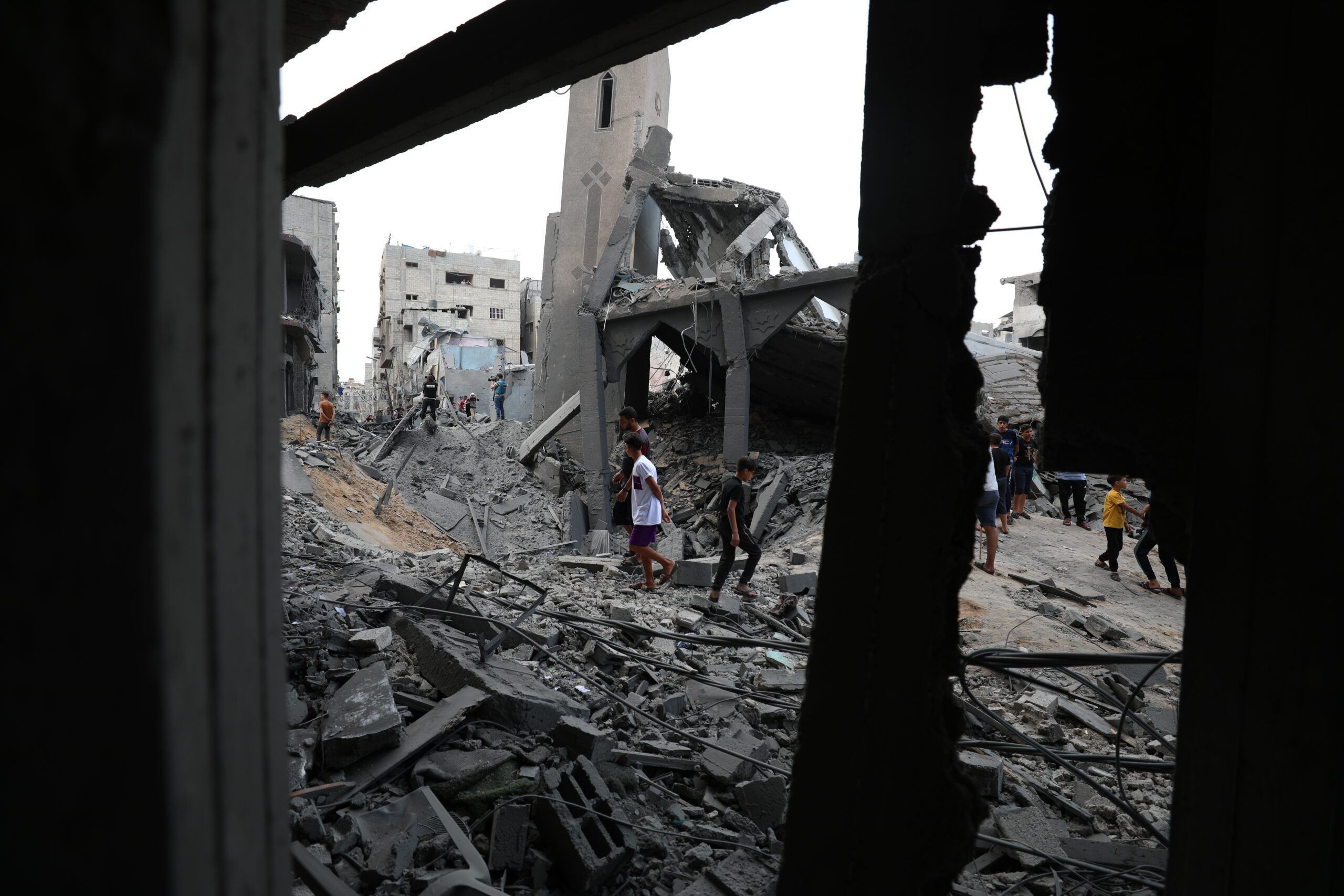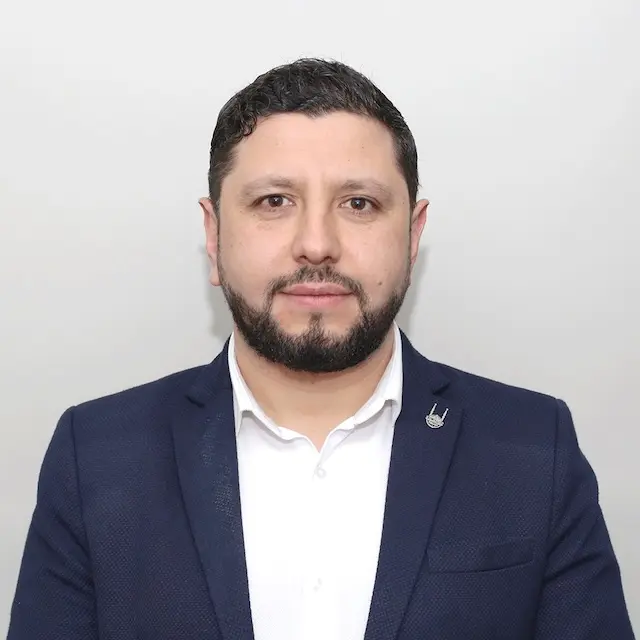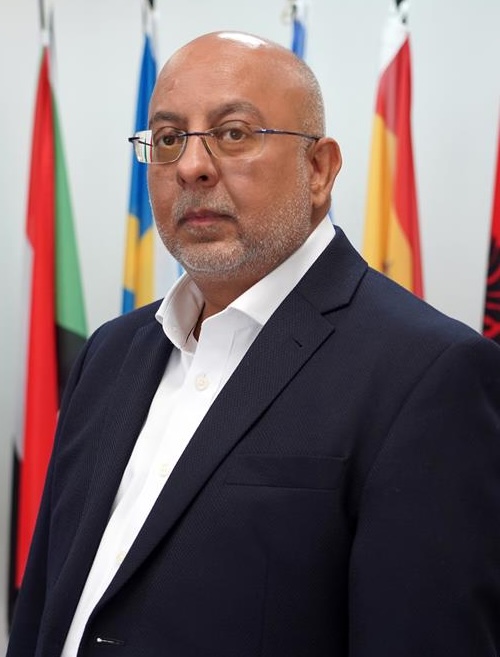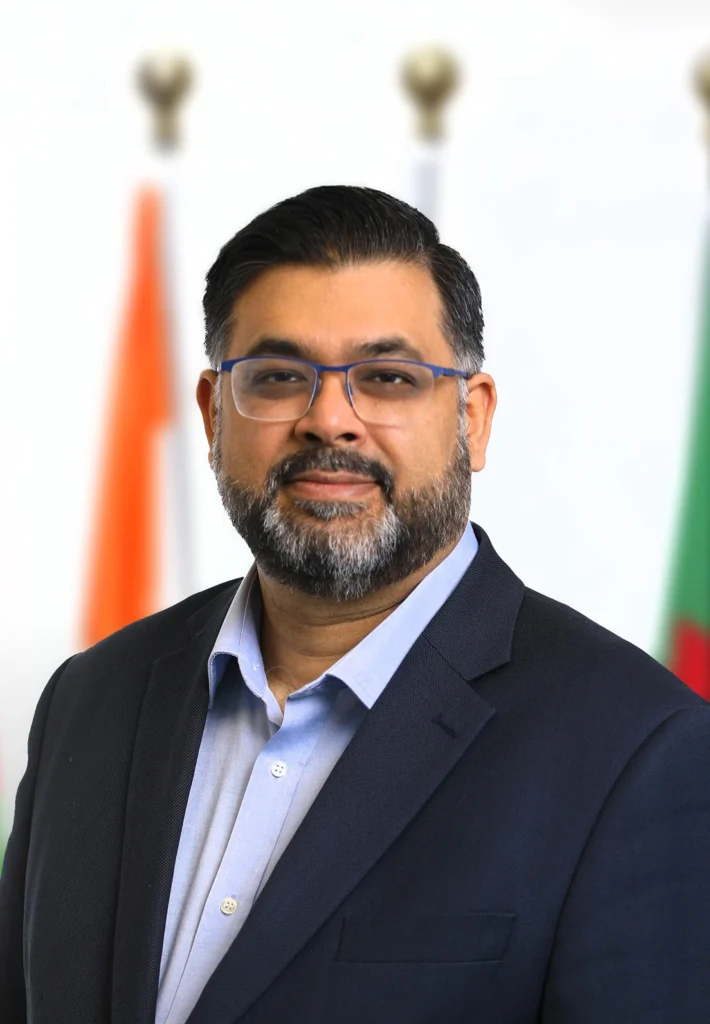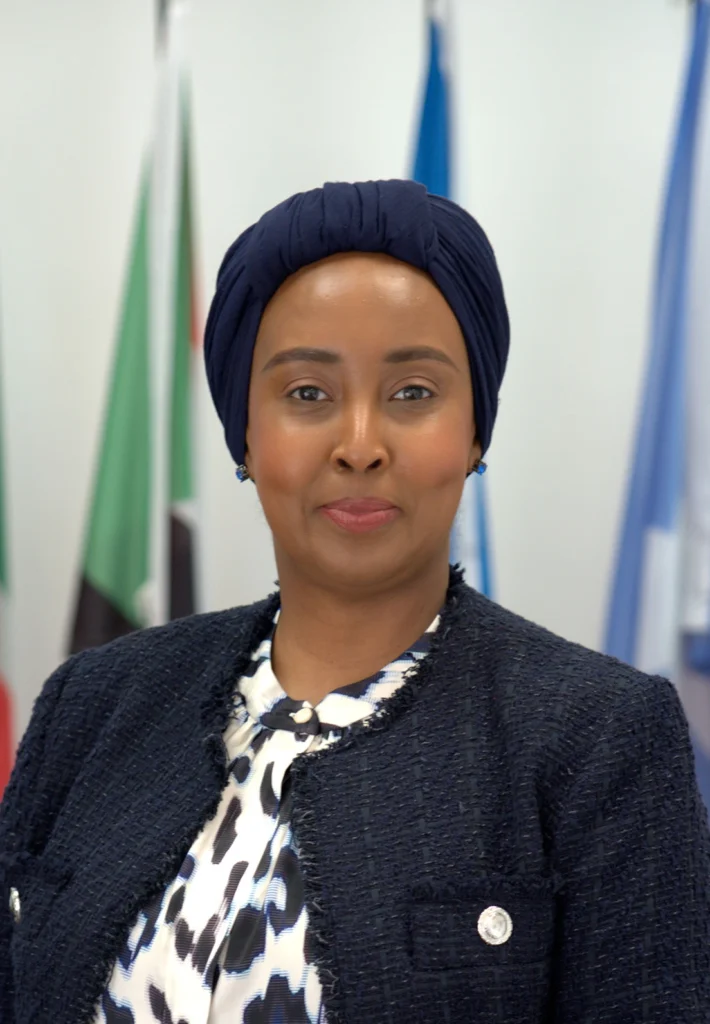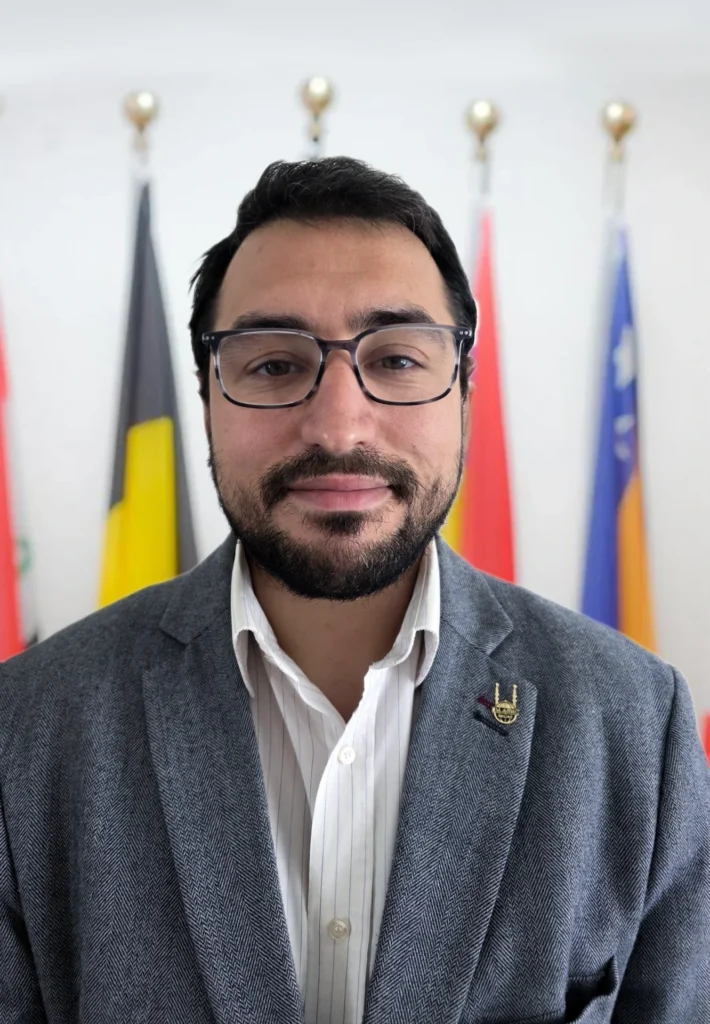A chronic lack of fuel is crippling life in Gaza. Despite efforts to adapt, hospitals and some aid agencies, water desalination facilities and bakeries can no longer properly function. On Wednesday the United Nations issued a stark warning that it will be forced to stop its relief work in Gaza entirely if fuel is not allowed into the territory.
Here, we explain the causes and effects of the fuel crisis in Gaza.
What’s happening in Gaza?
Gaza is under bombardment amid a serious escalation in conflict in the region that has so far left over 9,000 people dead and tens of thousands more injured across the Occupied Palestinian Territory and Israel.
More than 1 million people have been ordered to evacuate northern areas and move to the south of the Gaza Strip, where the level of bombardment is less ferocious than in the north but conditions remain extremely difficult and dangerous.
Israel cut electricity, fuel and water supplies to Gaza from October 9 as part of a ‘total siege’ of the coastal enclave. In the last week, a small number of trucks carrying humanitarian aid were allowed in through the Egyptian border, but the amount onboard is nowhere near enough to meet the huge need in Gaza.
Do the aid convoys include fuel?
No. No fuel has entered Gaza as part of the aid convoys that have been allowed to enter since October 21, nor at any time since the attack on Israel on October 7 and the bombardment of Gaza that followed.
Despite a slight easing of siege conditions, Israel has so far not granted access to allow any fuel into Gaza.
The aid convoys have so far included only food, water and medical items.
Does Gaza rely on Israel for fuel?
Yes, Gaza does not produce its own fuel and so is totally reliant on imports, for which it needs Israel to grant permission.
What effect is the lack of fuel having on families?
Without fuel, Gaza’s only power plant is unable to run, leaving families without electricity in their homes.
People have been forced to adapt to frequent electricity supply issues for many years, so generators have become a commonplace back up when mains electricity is down.
Right now, however, there is no fuel to power these generators and families are completely without electricity, unless they have access to solar panels.
This means people cannot charge their phones, and so they are struggling to contact loved ones, to keep up to date with the news, or to make contact with the outside world. Communications difficulties have been further compounded by a severing of internet and mobile phone links on October 27 as part of an intensification of military operations.
No electricity also means refrigerated and frozen supplies families have at home are spoiling – a devastating situation amid severe food shortages.
The evacuation order led to many people moving in with relatives, creating crowded conditions. Without electricity, they are not able to use electric fans to make the situation a bit more comfortable, nor are they able to keep the lights on at night. With winter on the way, fears are mounting that families could be left facing extreme cold.
On top of all this, cars and other vehicles – including ambulances, aid agency vehicles, and water tankers – are running low on petrol with little hope of filling up in the near future. This is making it harder for aid agencies, health workers and others to do their life-saving work, and harder for people to find the things that they need – from bread to babies’ nappies – as they’re becoming limited to searching an area they can cover on foot.
Water supplies to homes and to schools sheltering displaced people have also been severely affected because the tankers that would normally deliver water in emergencies cannot get fuel. Even if the water did arrive, power is needed to pump it up into the tanks which supply many homes in Gaza.
Garbage trucks are facing a similar issue, leaving trash accumulating on the streets and posing an increasingly serious health risk.
What else is being affected?
The lack of fuel is being felt across the Gaza Strip, including in hospitals, shelters, and schools.
There are major concerns about Gaza’s healthcare system, already on the brink of collapse before this escalation.
The World Health Organization has said that one-third of hospitals and two-thirds of primary care facilities have stopped functioning, with fuel shortages a major factor. Ambulances are struggling to run at a time when they’re most needed, and some doctors are performing surgeries with only the light from a phone.
The lives of many patients, dependent on electrical machinery for their survival, are in serious danger. This includes premature babies relying on incubators to keep them alive, and around a thousand Gazans with kidney disease who require regular dialysis.
Without fuel, water cannot be treated and made safe to drink. Bakeries, where people had been queuing for hours for their chance to buy bread, are closing because they cannot run their ovens.
The UN warned on Wednesday that it would not be able to continue its life-saving work in Gaza if fuel continues to be banned from aid convoys.
The UN has not only been using fuel to support the many displaced people housed in its shelters but has also been sharing it with bakeries and hospitals to allow them to continue feeding people and treating patients. Humanitarian workers, such as Islamic Relief’s emergency teams, need fuel too, so they can source and distribute desperately-needed aid. With fuel so critically low, heartbreaking decisions are now being made about which hospitals and bakeries are given fuel and which are left without.
What was the situation like before the current escalation?
Fuel shortages were not uncommon in Gaza prior to the current escalation, but a crisis on this scale is unprecedented.
Ways of adapting that have allowed people to cope in the past – such as using generators – are no longer enough as the shortages continue.
Israel considers fuel to have a “dual use”, meaning it can be used for both civilian and military purposes, so its importation into Gaza is tightly controlled and heavily monitored.
Prior to the escalation, a system of approvals and monitoring, vetted by Israel and overseen by the UN, ensured that fuel entering Gaza from Egypt through the Rafah crossing, intended for Gaza’s sole power plant, arrived without incident.
How is fuel linked to human rights?
While access to fuel might not be considered a human right, it is a vital component of ensuring that people’s basic rights can be fulfilled – including the right to healthcare, access to safe and clean water and education, and the right to live in dignity.
Without fuel, hospitals, water treatment plants, schools and the vehicles that carry people and goods to all of these places cannot function.
Islamic Relief has been a lifeline to vulnerable people in Gaza for decades and has been continuing to support those in need during this escalation whenever it has been safe to do so.
With the humanitarian crisis spiralling still further out of control, Islamic Relief continues to call on the Israeli government and the international community to ensure fuel supplies can begin to enter the Gaza Strip once again.
Aid convoys carrying fuel must be allowed to enter without delay to prevent hospitals, generators, lights, and essential medical equipment from shutting down and to enable vital water desalination plants and water pumps to start operating again.
Islamic Relief issues call to action
In these critical times, we call upon all parties involved to commit to the principles of international humanitarian law (IHL) and prioritise rapid, safe, and unhindered humanitarian access. Fuel, as a crucial resource, plays a pivotal role in sustaining life-saving operations, including the provision of food, clean water, medical services, and shelter. We must recognise the indispensable nature of fuel and its impact on the well-being of the 2.2 million Gazan civilians caught in this crisis.
Islamic Relief is urging the international community and all those with influence over parties to the conflict to commit to and press for:
- An immediate ceasefire
- Respect for the principles of international humanitarian law, ensuring the protection and well-being of all civilians and humanitarian workers.
- Unimpeded humanitarian access, removing obstacles that deny humanitarian organisations secure access to affected communities.
- An immediate end to restrictions that have cut off the flow of vital fuel to Gaza, acknowledging the critical importance of fuel for delivering humanitarian assistance and allowing vital infrastructure to function.
The level of suffering and deprivation in Gaza is of unprecedented severity. As well as responding to humanitarian needs as best we can amid the current restrictions, Islamic Relief will continue to advocate for a ceasefire, for the upholding of international humanitarian law and basic rights, and for an easing of restrictions that are impeding aid operations and costing lives.
Please stand with us in advocating for a ceasefire, in pressing for an end to restrictions on fuel, and in doing all we can to bring life-saving aid and hope to those who need it most.
Please help Islamic Relief to support and stand up for people in desperate need in Gaza. Donate to our Palestine Emergency Appeal now.

